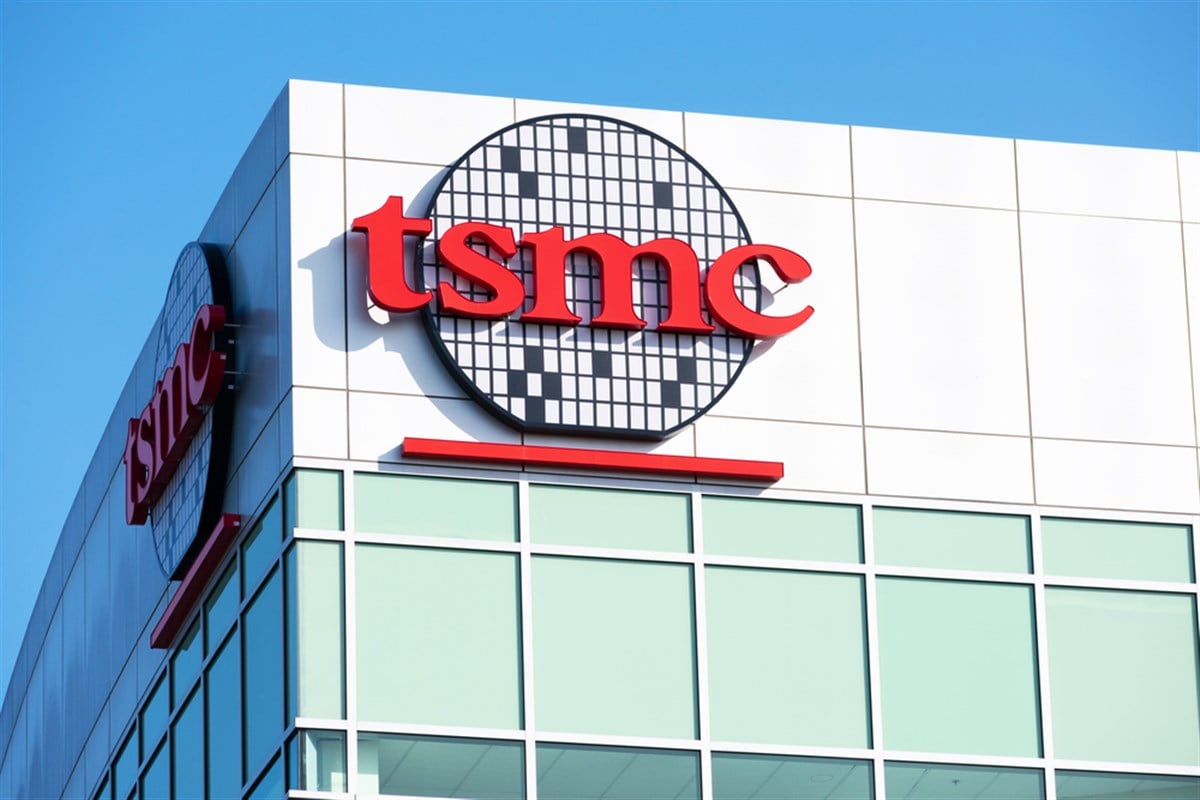 In recent years, the U.S. stock market has given significant attention to technology stocks, particularly to companies leading the artificial intelligence revolution like NVIDIA. After making new all-time highs, NVIDIA is now the "consensus" investment today, which leaves investors looking for the next opportunity.
In recent years, the U.S. stock market has given significant attention to technology stocks, particularly to companies leading the artificial intelligence revolution like NVIDIA. After making new all-time highs, NVIDIA is now the "consensus" investment today, which leaves investors looking for the next opportunity.
Exchange-traded funds (ETFs) provide investors with exposure to a broad range of sectors, including technology. ETFs focused on emerging markets have been attracting a lot of institutional attention, like the iShares Core MSCI Emerging Markets ETF which brought in up to $54 million in institutional buying in the first quarter of 2024. This came as an all-time high in the S&P 500 may have spooked some investors into thinking that potential interest rate cuts were priced into the market.
One of the best-performing EM ETFs, the iShares MSCI Emerging Markets ex China ETF (NASDAQ: EMXC), gives investors much to think about with its top holdings. Right off the bat, the Taiwan Semiconductor Manufacturing Co. (NYSE: TSM) is one of the most attractive options in the semiconductor space and may help investors get exposure to the AI revolution at half the price.
Taiwan Semiconductor's Race to the Top
At a weight of 11% of the ETF, Taiwan Semiconductor stock is the EMXC's top holding. Interestingly enough, Samsung Electronics Co. comes in second place at 5.6%. The ETF seems to be heading more and more to emerging market opportunities that are exposed to the chips race, with a discount attached.
Compared to the computer sector, Taiwan Semiconductor stock's 27.6x P/E ratio offers investors an 86% discount to its peers. NVIDIA's (NASDAQ: NVDA) richer 36.6x valuation is also 56% more expensive than that of Taiwan Semiconductor, where investors can find their upside gap.
Analysts believe Taiwan Semiconductor's earnings per share (EPS) could grow by as much as 24% in the next 12 months, placing it above NVIDIA's 13% projection. It might be a sign of a slowdown from where markets have bid NVIDIA stock so far, but that's not all. With its $911 share price target, NVIDIA analysts believe this stock has around 4.5% upside from where it trades today. On the other hand, analysts at Susquehanna Bancshares Inc. see Taiwan Semiconductor stock reaching a valuation of up to $180 a share, a target that would call for up to 26% upside from today's prices.
Despite having much more perceived upside and looking to grow its EPS by almost double the rate of NVIDIA's, Taiwan Semiconductor stock has underperformed NVIDIA by as much as 155% over the past 12 months.
Investors have been reluctant to invest in Asian markets, as seen in China's CSI 300 (their version of an S&P 500), which has recently reached a 5-year low. As Taiwan faces an increasing threat of Chinese invasion, some potential shareholders may have gotten scared off by the geopolitical risk.
Not Everyone Shrugged Off Taiwan Semi
As of March 2024, PNC Financial Services Group Inc. boosted its position in Taiwan Semiconductor stock by 18.3%. Considering the firm's net investment in the stock adds up to $99.2 million, that allocation represented a roughly $18 million purchase.
Markets as a whole have something else to say about Taiwan Semiconductor, as the stock now trades at 90% of its 52-week high as bulls bid the stock to higher momentum.
Meanwhile, worthy U.S. competitors like Advanced Micro Devices Inc. retraced to 75% of its 52-week high. Yet, its 49.1x P/E ratio is still 118% more expensive than Taiwan Semiconductor's valuation.
Even the U.S. government is stepping up to the plate. In the latest round of funding set by the Chips and Science Act, Taiwan Semiconductor has been awarded a grant of up to $11.6 billion to build further chip plants in the United States. Now that the U.S. manufacturing sector is coming into newfound expansionary trends, as shown by the first growth reading in the ISM Manufacturing PMI Index in more than a year, these new plants could be built at the perfect time for Taiwan Semi.
As long as the race for AI continues, companies like NVIDIA and even Apple Inc. will rely on Taiwan Semiconductor to make their chips. These two tech giants represent the chip maker's most significant chunk of revenue.
Investors who decided to rotate out of NVIDIA's potentially exhausted momentum based on fundamentals may explore Taiwan Semiconductor as the next opportunity. Or at least that's what Wall Street thinks.




